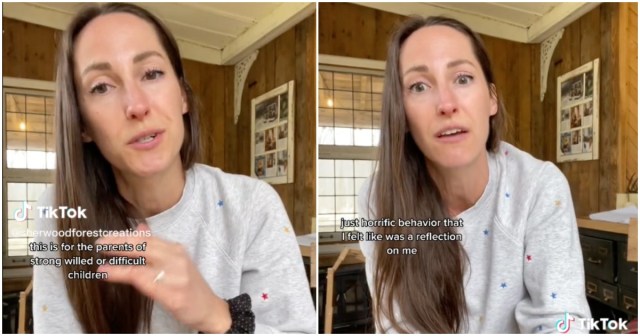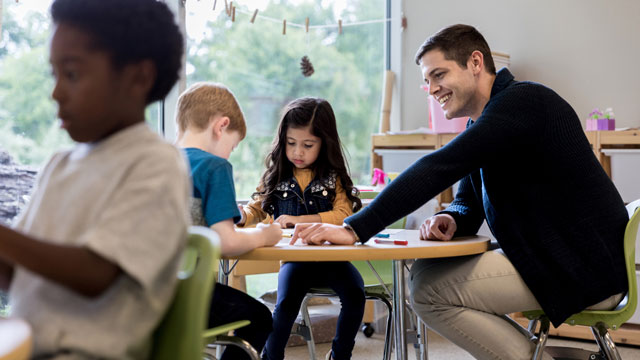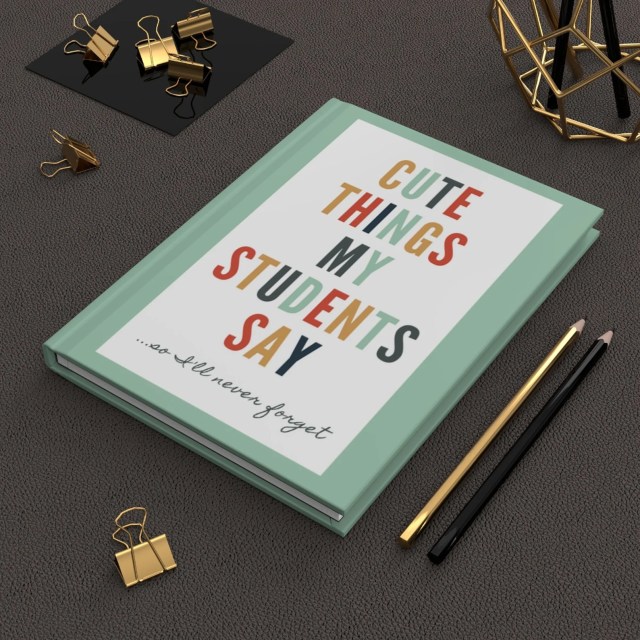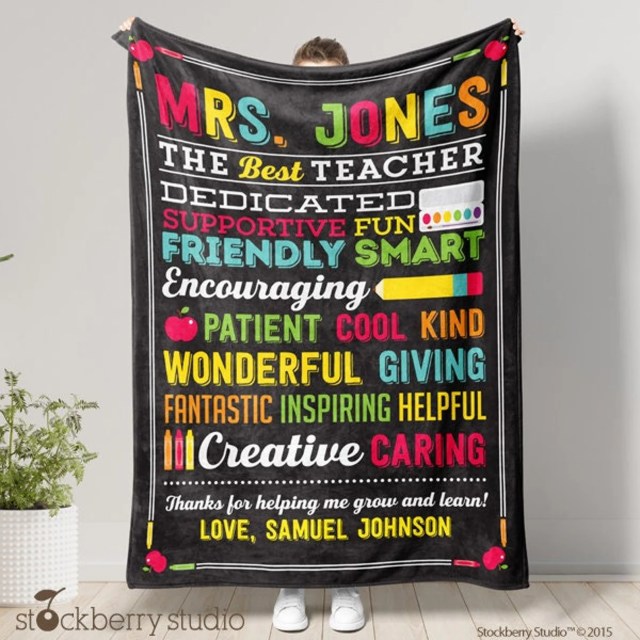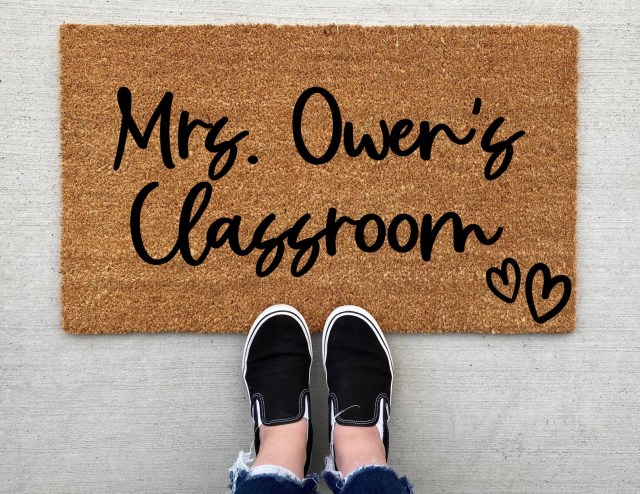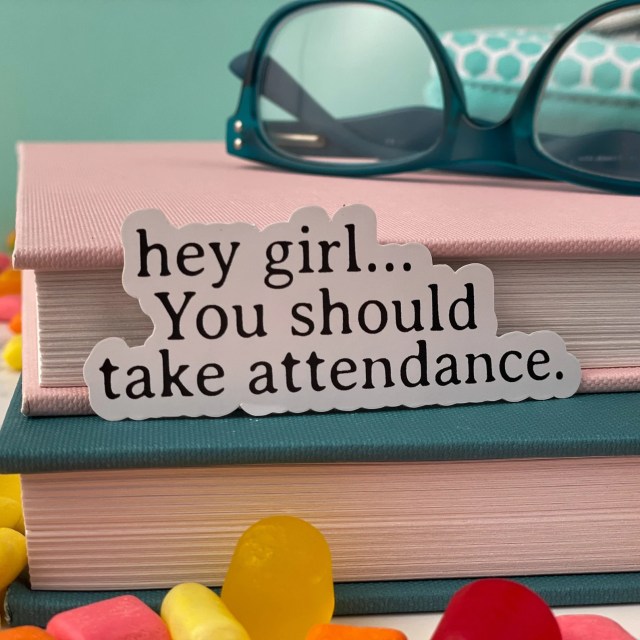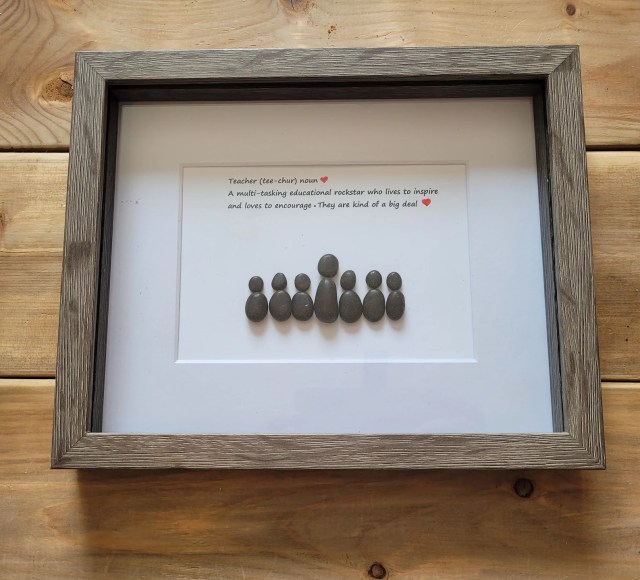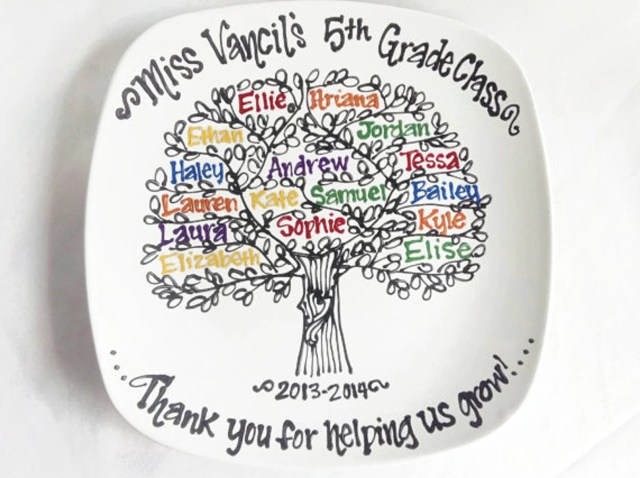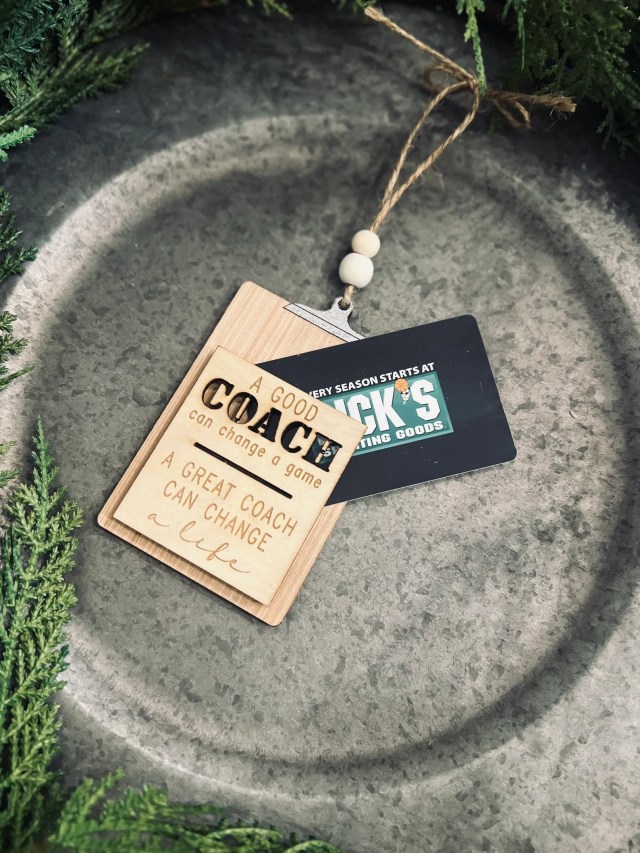We know you want what’s best for your budding scholar, but when it comes to your relationship with your child’s teacher, there’s a fine line between a healthy parent-teacher partnership and an overly demanding one. So how do you best keep the communication channels open without offending anyone? We asked teachers to tell us about the common passive-aggressive, condescending, or straight-up rude comments they’ve gotten from parents.
Here are some things to avoid saying during a parent-teacher chat so you don’t (even inadvertently) offend your most important academic ally:
1. “I need… [insert thing here]”
– Michael W., third-grade teacher, Los Angeles, CA
“I need an independent study.” “I need my child to do his homework.” “I need my kid to focus better in class.” We know you need things. But so does your teacher! Stop telling your teacher what you need and think more about the teacher’s (and the class’s) needs.
Instead: Say: “Do you have any time to discuss independent study/homework demands/etc.?”
2. “My child never had this problem/did this thing/struggled in the past.”
-Michael W., third-grade teacher, Los Angeles, CA
The past is the past! When you complain your child has never struggled in the past, what your teacher hears is you think it’s somehow their fault.
Instead: Focus on the present and discuss your child’s current needs without comparing them to years past (unless you have pre-existing strategies to offer your teacher that might help).
3. “But he was fine in preschool.” or “He never did that in preschool.”
-Marni N., kindergarten teacher, Los Angeles, CA
Kindergarten isn’t preschool. There are new rules, changing routines, and a schedule that allows for a little less play and a little more learning—so don’t be surprised if your kid flounders a bit! Telling your kindergarten teacher that your child “didn’t do that in preschool” comes across as a passive-aggressive way of saying it’s the teacher’s fault.
Instead: Focus on your child’s current needs without comparing them to how they were in years past. Often, behavioral issues or learning challenges don’t appear until children get further along in school.
4. (When discussing seeking help with extra support staff such as psychologists, behavioral specialists, OT/PT): “So what expertise do they have that you don’t?”
– Zak R., kindergarten teacher, Philadelphia, PA.
This sort of comment is best unsaid. You know what expertise a psychologist, occupational or speech therapist has—so asking your teacher to list those credentials is just “incredibly insulting.”
5. “Where did you go to college?”
-Pete S., eighth-grade teacher, Los Angeles, CA
It’s natural to wonder about your kids’ teacher, but asking this question (especially in a public setting) makes your teacher feel like you’re questioning their intelligence.
Instead: Read up on your teacher’s qualifications at the back-to-school night (teachers usually give a handout with background information), or do your own research. No matter what, rest assured that your teacher knows what they’re doing.
6. Asking your teacher for the opinions of other teachers
-Michael W., third-grade teacher, Los Angeles
A close-knit staff doesn’t want to get into the nitty-gritty with parents. “We are all colleagues, and yes, most of us know each other’s strengths and weaknesses, but that doesn’t mean we want to share that.”
7. “I know you’re very busy, but…”
Michael W., third-grade teacher, Los Angeles
If you know they’re very busy, don’t ask unless it’s important.
8. “My child isn’t being challenged in math, reading, etc.
Michael W., third-grade teacher, Los Angeles
Many teachers have classes of 20 to 30 kids of varying abilities—while they try their best, they can’t always tend to the needs of particular children (especially in elementary schools where they teach ALL subjects).
Instead: Add extra at home or via extra-curricular activities/tutoring. “It’s not that we don’t care, we’re just really crunched for time. To prepare and implement 4-6 different levels is not reasonable.”
Related: 14 Questions Teachers Wish You Would Ask About Your Kid

9. “I just don’t understand why my child is struggling in your class.”
-Anne V., second-grade teacher, Los Angeles, CA
This only makes teachers feel like you think they’re the reason your child is struggling.
Instead: Ask, “What do you think my child needs?” Then work with your teacher to help your child thrive.
10. “Do you have kids?”
-Madison S., fourth-grade teacher, Georgetown, SC
“In a normal conversation, I wouldn’t mind being asked if I have kids,” says Madison, “but if I’m trying to talk discipline with a parent and they ask that, then I’m offended as if they think I don’t know what I’m talking about.”
Instead: Just don’t.
11. “I’m not telling you how to do your job, but…”
-Amanda J., fifth-grade teacher, Georgetown, SC
But you just did.
Instead: Let your teacher do her job, and only offer to help if you think she needs it.
12. “Teaching is a noble profession.”
-Steve, fourth-grade teacher, Nassau County, New York.
“You’re saying the job sucks, and you make no money, and you get no respect from people,” he said.
Instead: Just say thanks.
13. ” I could never do what you do!”
-Melanie, high school teacher, Nassau County, NY
“That’s not really what they mean. They mean they’d never want to.”
Instead: Just say thanks.
14. “What did you want to do before you became a teacher?”
—Dan, high school teacher, Nassau County, NY
This suggests that being a teacher is a backup or that you think they should do something else.
Instead: Just don’t.
15. “My child said you didn’t teach the topics covered on the test.”
-Joe, high school teacher, Nassau County, NY
Give your teacher some credit and assume that everything on any test was taught at some point.
Instead: Ask the teacher how your child can better prepare for the next test.
16. “By the time my son gets all his work done for his important core classes, he’s too tired to do the work for yours. I’m sure you understand.”
-Kathryn, high school teacher, Nassau County, NY
You just called that teacher’s class “unimportant.”
Instead: Work with your child on figuring out how to get all the work done.
17. Talking about your child’s “giftedness” in front of other parents.
-Pete S., eighth-grade teacher, Los Angeles
If parents have questions about supporting their “gifted” child, they need to talk about it privately. “’My child is doing calculus in middle school; how will you make this class challenging for him/her/them?’ is an annoying and isolating question for other families in a group setting, and it also communicates to the teacher that parents don’t think the teacher is up to the challenge of teaching that student,” says Pete.
Instead: Address your concerns in an e-mail.
18. Going to the principal (or social media) before talking to the teacher about an issue.
-Amanda J., fifth-grade teacher, Georgetown, SC
“There are plenty of times when simply letting me know about something is all it takes to handle it. Similarly, if/when parents post complaints on social media without communicating directly with the teacher,” says Amanda.
Instead: Talk to the teacher first.
Related: 16 Things Parents Don’t Need to Worry About (According to Teachers)
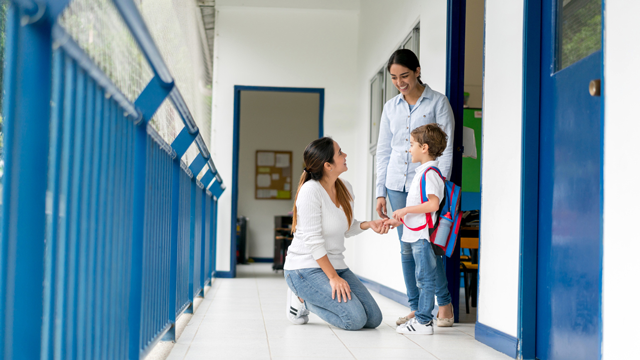
Here are general phrases to avoid during a parent-teacher chat that can come off as critical, accusatory, or condescending:
- “I’m not sure if you’re aware, but...” This is a backward way of saying that you think your teacher is slacking—or of making you feel better about being the whistleblower. Instead, be direct and express your concerns about the issue straight up. (I.e., My child said so-and-so bullied him in class. Can you help me get to the bottom of this?”)
- “I’m sure you’re just having a bad day, but…” This automatically makes someone feel like you’re about to insult them because it’s usually followed by a negative comment.
- “I’m not trying to be difficult, but…” This opening may put the teacher on guard (or make her think you are being difficult.). Just say what you want to say directly.
- “Don’t take this the wrong way, but…” – Despite your warning, whatever you’re going to say will likely be taken the wrong way (or you wouldn’t preface it as such). So say it differently.
Here are examples of more direct and assertive phrases:
-
- “I’m wondering if you could tell me how my child is doing.”
- “I’d love to know how to support my child at home.”
- “I’d like to schedule a meeting to discuss my child’s progress.”
- “I’m happy to help in any way I can.”











